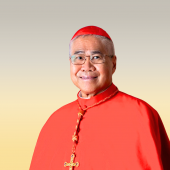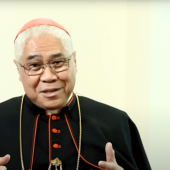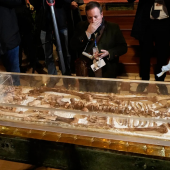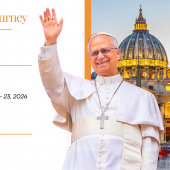Upcoming Conclave Breaks 120-Elector Limit for First Time
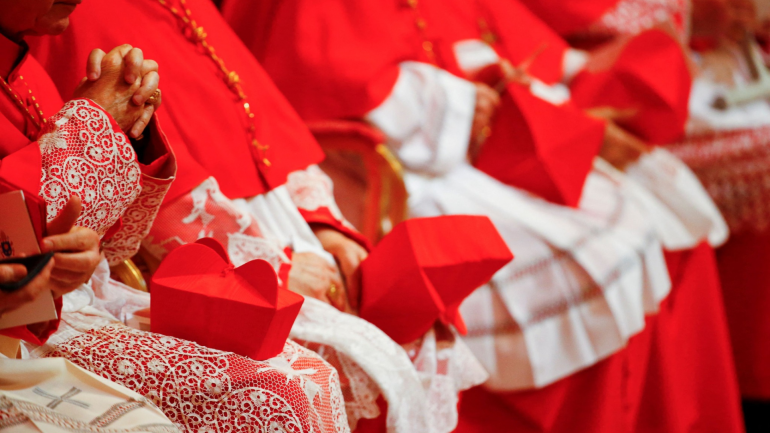
For the first time in Church history, a conclave to elect the next pope will include more than 120 Cardinal electors.
A total of 133 Cardinals have been confirmed to participate in the papal conclave set to begin on May 7, surpassing the limit traditionally set by Church law.
According to the Apostolic Constitution Universi Dominici Gregis (UDG), the number of voting Cardinals in a conclave is limited to 120. However, this limit has often been exceeded in practice, with recent Popes appointing more Cardinals than the regulation allows.
The 120-elector limit was first established by Pope Paul VI in Romano Pontifici Eligendo in 1975. Interestingly, even before this rule was enacted, the 1969 consistory had already reached 134 electors. Though reaffirmed by Pope John Paul II, the numerical ceiling has regularly been exceeded.
Pope John Paul II himself convened consistories in which the number of electors went over the limit, including:
-
June 28, 1988: 121 electors
-
February 21, 1998: 122 electors
-
February 21, 2001: 136 electors
-
October 21, 2003: 134 electors
At the time of his death in 2005, the College of Cardinals included 183 members, with 117 eligible to vote.
Pope Benedict XVI also surpassed the limit in two consistories: in November 2010 (121 electors) and in February 2012 (125 electors). The 2013 conclave that followed his resignation involved 117 electors.
Pope Francis has expanded the College of Cardinals even further. In 10 consistories from 2014 to 2024, the number of electors consistently exceeded 120, reaching a high of 140 electors in December 2024.
-
February 22, 2014: 218 Cardinals in total — 122 electors and 96 non-electors
-
February 14, 2015: 227 Cardinals — 125 electors and 102 non-electors
-
November 19, 2016: 228 Cardinals — 121 electors and 107 non-electors
-
June 28, 2017: 225 Cardinals — 121 electors and 104 non-electors
-
June 28, 2018: 226 Cardinals — 125 electors and 101 non-electors
-
October 5, 2019: 225 Cardinals — 128 electors and 97 non-electors
-
November 28, 2020: 229 Cardinals — 128 electors and 101 non-electors
-
August 27, 2022: 226 Cardinals — 132 electors and 94 non-electors
-
September 30, 2023: 242 Cardinals — 137 electors and 105 non-electors
-
December 7, 2024: 253 Cardinals — 140 electors and 113 non-electors
Despite the longstanding pattern, the upcoming 2025 conclave marks the first time that more than 120 electors will actually vote in a papal election. On April 30, the College of Cardinals issued a statement affirming the right of all 133 electors to participate, stating that Pope Francis had tacitly dispensed the 120-elector limit by allowing the number to be exceeded.
Universi Dominici Gregis, Article 36, confirms that any Cardinal created and published in a consistory has the inherent right to vote in a conclave, unless canonically deposed or having renounced the cardinalate with papal consent.
While the law remains, practice continues to evolve. The 2025 conclave may well represent a turning point in how the Church interprets the norms of papal elections—balancing tradition with pastoral and global realities.
Radio Veritas Asia (RVA), a media platform of the Catholic Church, aims to share Christ. RVA started in 1969 as a continental Catholic radio station to serve Asian countries in their respective local language, thus earning the tag “the Voice of Asian Christianity.” Responding to the emerging context, RVA embraced media platforms to connect with the global Asian audience via its 21 language websites and various social media platforms.









